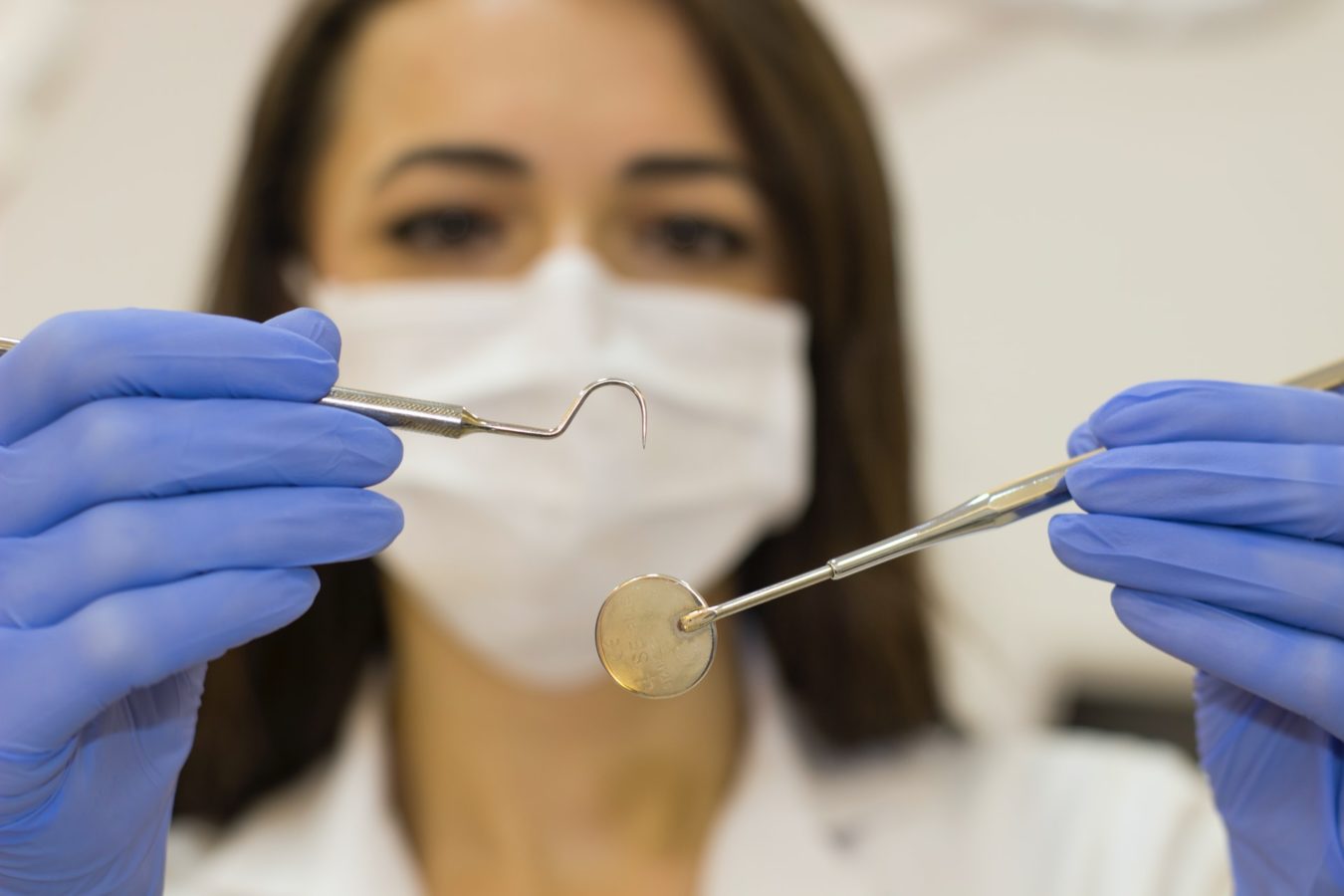Over the last few years, we’ve seen a spike in the growth of corporate dentistry fueled by Private Equity (PE) firms buying up practices from dentists looking to retire. For practice owners seeking to cash out an asset they’ve spent decades building, the corporate dental firms with their piles of cash make an appealing pitch. Even dentists who swore they’d never sell to corporate interests find it hard to say ‘no’ to what looks like a jackpot payday.
We’ve been tracking the flow of PE money into corporate dentistry for the last few years, and we’ve talked to a lot of people on both sides of the equation. Here’s how it works.
The Anatomy of the Offer – What You’re Really Agreeing to
The acquisition pitch goes something like this. A Dental Support Organization (DSO ) or an aspiring DSO offers to buy a practice for much more than what it’s typically worth. To make it even more appealing, they may offer to pay cash, which is just a sales tactic since so-called cash deals are reimbursed by the firm’s partners at the bank. But the generous offer comes with some serious strings attached:
- The buyer will only pay a portion of the money up front, with the remainder contingent on the seller fulfilling specified requirements.
- The agreement requires the seller to continue working at the practice as an employee, usually for about three to five years.
- During that time, the seller will likely need to meet specified revenue goals, so instead of retiring, they are entering into a new partnership where they are an employee.
- Because they are no longer the boss, the seller will need to comply with whatever changes the new owner implements, which may include more aggressive treatment protocols.
- If the seller doesn’t meet production targets over the duration of the contract, or fails to fulfill some other aspect of the agreement, they may be required to forfeit any additional payments.
- Under certain circumstances, the seller may be subject to a claw-back clause wherein they are required to pay back the initial payment without receiving anything in return. The practice assets would remain with the DSO.
I would argue that any one of these points is enough to make a deal highly unappealing, but the claw back clause is truly a nightmare scenario. For a dentist who has spent their entire career building the value of their practice, the claw back clause may seem like robbery.
All of this will be spelled out in a contract that the dentist signs and commits to. Why would someone agree to these terms? Because they don’t fully understand them, which is not surprising given that these are highly technical, and complex documents created by lawyers whose only job is to draft contracts to protect their clients, the DSO firms and inevitably the Private Equity firms.
The Corporate Dentistry Bubble – We’re in It
This is an important topic because PE investment in corporate dentistry has accelerated. The flow of money is greater than ever as retirements drive up the sale of practices to PE firms waving stacks of cash. But it may not last as legislation designed to curb the practice is being considered in some states. Some lawyers argue that the private equity bubble supporting the market consolidation of corporate dentistry could burst in two years, or four years, or it might take as long as ten years. Whenever the bubble bursts, it will be financially devastating to some of the dentists who sold their practices to DSO firms. The PE firms and the banks will be fine, because they are legally structured to come out on top. But there will be a pool of dentists who thought they were making a deal that would set them up for a comfortable retirement, and they will be left with less than they expected – maybe a lot less.
In my next blog, we’ll look at the backstory – how this situation came about, and what dentists can do to protect themselves. In the meantime, if you’re considering selling your practice, and have questions or concerns, call us at Engage Advisors, we’re happy to help, no strings attached.

